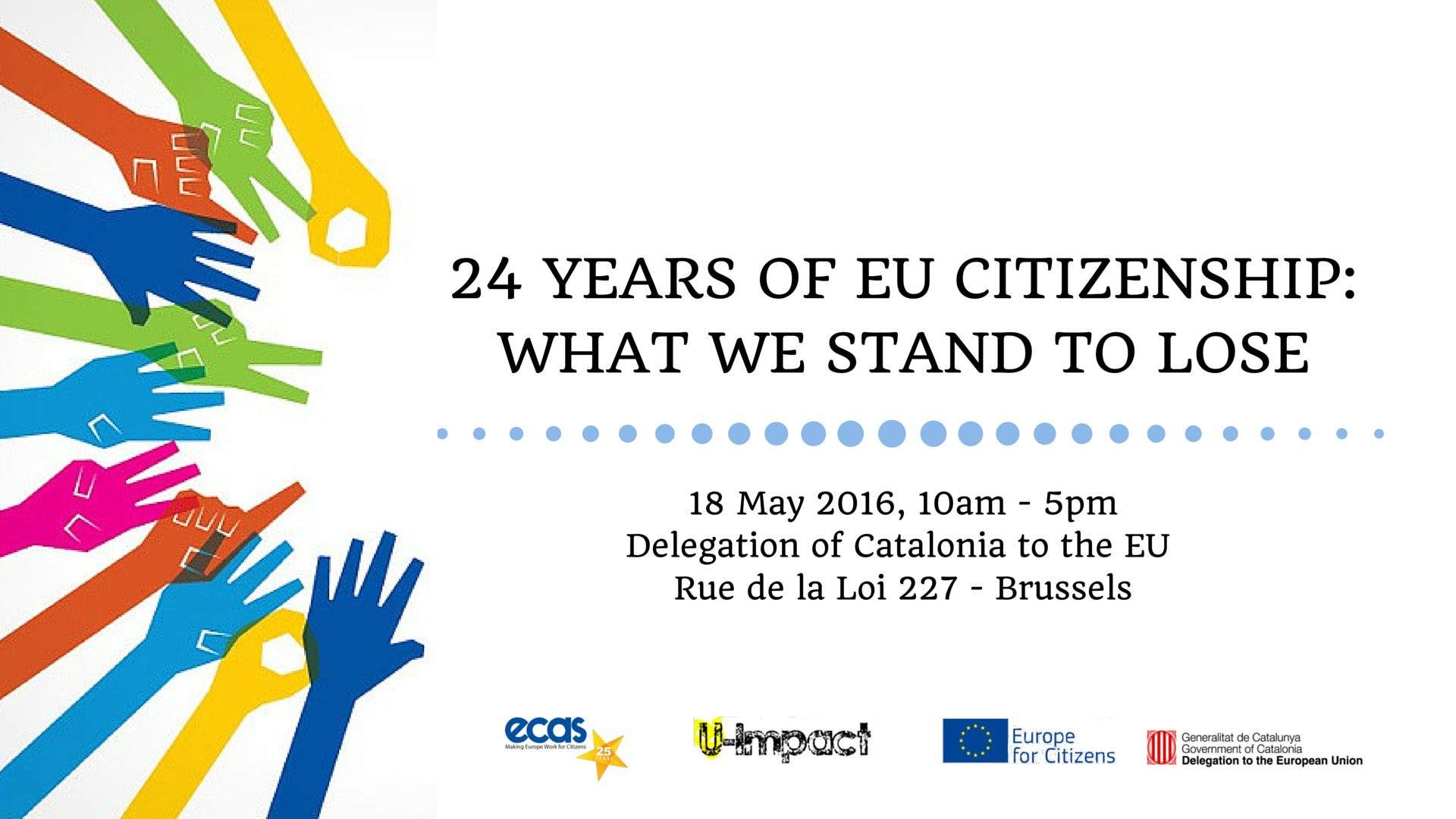
Nearly 25 years after the concept of EU citizenship was first enshrined in the EU Maastricht Treaty, it is time for a thorough assessment of the key achievements and the pending challenges where more work remains to be done in order for citizens to fully reap the rights and privileges that come with it.
Recent studies undertaken at EU level show that while a wide majority of Europeans are nowadays familiar with the concept of EU citizenship, only a little more than half of them know what it actually means and only two in five feel informed about the rights that come with it and the instruments available to enforce them in case these rights are not respected. Free movement of people (and goods and services) across the EU remains one of the top benefits of EU citizenship perceived by citizens.Yet there still remain substantial obstacles and challenges for mobile EU citizens related either to lengthy or unclear administrative procedures or to a lack of information about their rights as EU citizens at national level.
The conference will analyse the main achievements and challenges of EU citizenship in the context of the current political developments. National examples will be presented on how the rights and values associated to EU citizenship are implemented in practice in the Member States. Civil society representatives will also discuss trends and analyse existing tools and initiatives of civic engagement throughout the EU in view of formulating recommendations for fully tapping the potential of EU citizenship.
The conference will take place on 18 May 2016 at the Delegation of the Government of Catalonia to the EU (Rue de la Loi 227 – 1040 Brussels).
Contact us for more information